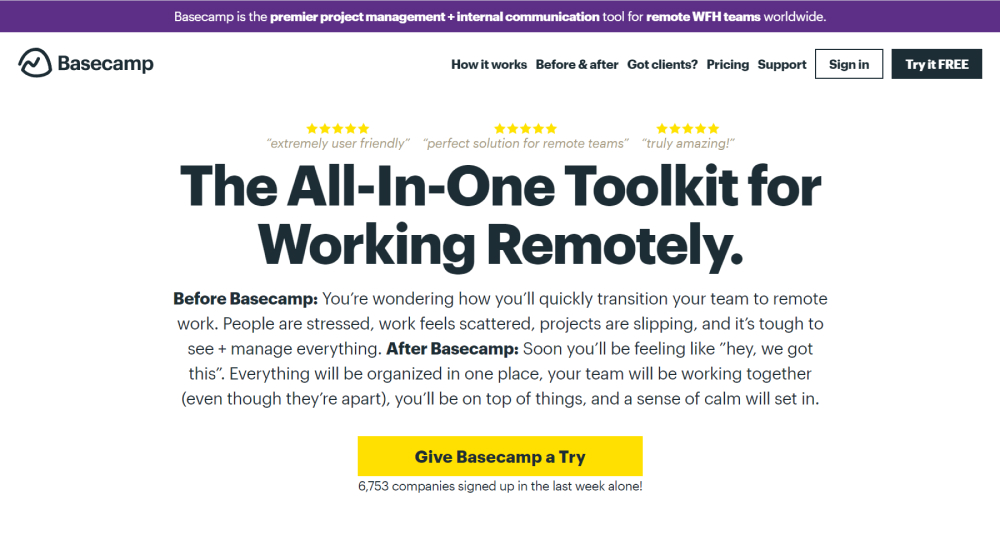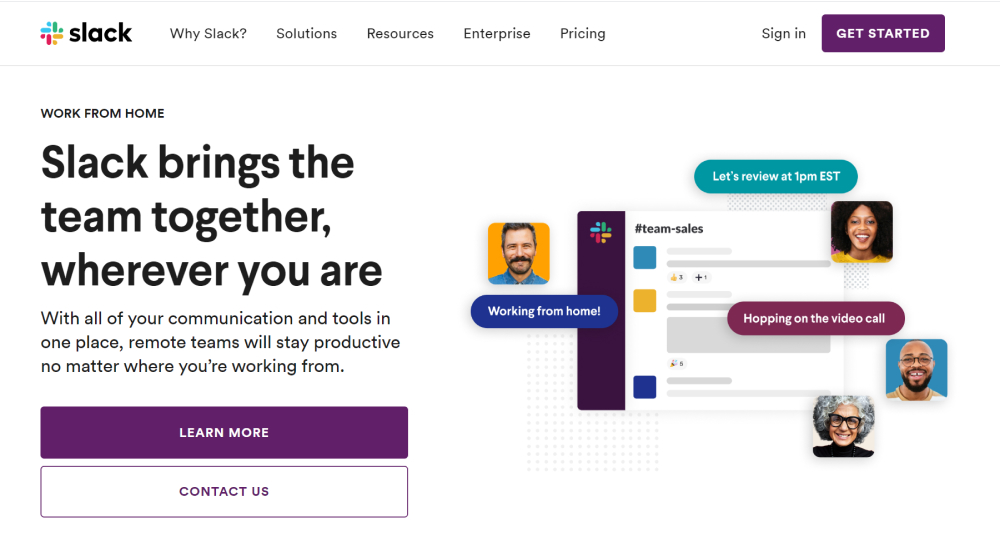Major Tech Companies That Outsourced Development: A Futile Undertaking or Solid Strategy?

Every single startup in the course of its lifecycle does tackle with a plethora of business challenges. Whereas some of them are quite trivial, several others can seriously hinder their development from the very beginning. Amongst them, technological implementation of your “big ideas” emerges as a critical one: Too often stakeholders have an awesome concept, but need help around technical implementation since technical execution often remains an intolerable burden to take on.
This is where outsourced development can come into play! By outsourcing software development, entrepreneurs, like you, can avoid worries with adopting the correct technology, spending nights and days coding, then testing and so on. Plus, outsourcing expertise for miscellaneous tasks can easily promote your startup’s efficiency by allotting your in-house team precious extra hours to devote to tasks that require their attention for the growth of their company – to work out decent marketing strategies, look for investors, or invent new ingenious ideas.
And in practice, a myriad of tech startups has strategically leveraged outsourced development and yielded howling success. So, let’s proceed with some major names!
#1. AppSumo

AppSumo is well-known throughout the internet-based business world as a daily deals website for digitally distributed goods and online services, mostly tech-focused or software-related. This business was established in March of 2010 by Noah Kagan – an American Serial entrepreneur with working experiences for Facebook and Mint.com. The platform has currently helped thousands of online entrepreneurs and businesses as it serves as a portal where people can find materials, products, and services at the cheapest rates. Actually, the application is reviewed to be extremely user-friendly since it works to produce daily deal ad copies and email marketing literature that enables online businesses to find what they are looking for at extremely affordable prices.
In fact, the meteoric growth of AppSumo is considered to be a Cinderella tale of success garnered through outsourcing. The platform prides itself on the fact that it was started at only $50. The AppSumo founder and Chief Sumo Noah Kagan describes asking various successful entrepreneurs for favors and, as a result, landing some of his early ad placements. More significantly, he managed to find a developer willing to work for only $50 to build out a PayPal button and credit card form. Kagan claims that having a solid concept already in place allowed him to convince his developer, outsource the core development and create a cohesive product from the start.
And fortunately, the creator was such an adept and experienced apps developer that the website turned out to be incredibly professional looking and feature-rich. Then, Kagan proceeded to outsource the application by selling subscriptions on Imgur Pro, an image sharing website and image host, and then added to a broader list of paid web apps, software, and courses too. To these days, AppSumo still relies on outsourcing for many of their areas and projects.
Now valued at more than $2 million, the company also has one of the longest lists of email subscribers on the web reaching up to 700,000 subscribers.
#2. Skype

Another visionary that successfully utilized outsourcing in establishing an application that produced massive innovation is Skype – one of the most disruptive tools and technologies during the early 2000s. For those not in the know, Skype is the ultra-popular telecommunications application that specializes in providing video chat and voice calls between computers, tablets, mobile devices, and more around the world. Besides, this platform does allow you to send instant text messages as well as easily transmit text, video, audio, and images.
Originally created in 2003, Skype was founded by two authors – Nikklas Zennstrom and Janus Friis, who both hailed from Sweden and Denmark respectively. These two visionaries harbored a brilliant idea on improving the way the world communicated online by establishing a program where people could video call, text, and send pictures and videos in an instant. And astonishingly, Skype turned out to be such a massive innovation that Microsoft and Macintosh had never even hinted that they were developing technology that would allow video chatting on a multi-platform level.
Nevertheless, none of their success would have been possible without three Estonian developers, Jaan Tallinn, Ahti Heinla, and Priit Kasesalu, who developed the app’s entire back-end. Whilst the programmers were eventually integrated as partners, they began working as an outsourced team. This allowed the product to develop quickly, not only to enter the market but also becoming a widespread tool among businesses of all sizes. Actually, when Skype application was officially released, it gained more than one million users only in a few months and became an instant hit. And then, from 2011, Skype is part of Microsoft who bought it for $8.5 billion.
#3. Basecamp

Basecamp is made by a remote team, for remote teams. Launched in its first iteration in 2004, Basecamp is a web-based project management & internal communication tool that empowers businesses and project managers with an all-in-one toolkit (to-do lists, forum-like messaging, file sharing, time tracking, …) to handle project development more efficiently. The company behind it, 37signals, which is now re-branded as Basecamp, had started to work on it couple years before because they were directly experiencing some key issues with their client work.
As Jason Fried, Co-founder & CEO at Basecamp, explains, ”as demand for our services grew, we found ourselves increasingly disorganized.[…] We didn’t like the rag-tag image we were portraying to our clients. They were paying us good money — and our work was good — but the way we organized the work, communicated about the work, and presented the work wasn’t becoming. It was time to tidy up and get our shit together.”
Still, 37signals was a web consulting agency and Basecamp wasn’t their core business. To move development of the app further, Jason and his teammates – Carlos Segura, and Ernest Kim – outsourced it to remote developers to optimize their cost-opportunity gain. With a view to making outsourcing its key business strategy, Jason hired many people who completed development from home – such a practice aligns the very definition of the outsourced development.
Thanks to implementing smart outsourced development into their product development strategy, the founding team quickly started seeing Basecamp generated more revenue than their current consulting work and opted to focus exclusively on working on it as their core business. These days, Basecamp becomes a technology leader well-known for remote workers with over 15 million users with an estimated valuation of $100 billion.
#4. Slack

Quite similar to Basecamp, Slack is amongst the most popular cloud-based internal team collaboration tool for teams based on Instant Messaging. Launched in 2013 by four founders Stewart Butterfield, Eric Costello, Cal Henderson, and Serguei Mourachov, this “gem” perfectly embodies the startup approach to launching a new product.
Slack is undoubtedly well-known within the corporate world, yet, not everybody is aware that the development of this collaboration application was in fact outsourced. Before opening it up to the first beta testers, the four founders of the startup contacted MetaLab, a design firm offering outsourcing services. Not only did MetaLab refine the design of the messaging app that is nearly ubiquitous for startup teams, but it also redesigned the company’s logo and website.
What outsourcing the app and web design did for Slack was to establish the brand as a messaging software that “feels different, looks different and sounds different”. Something must have worked with their outsourcing strategy because in July 2017 the company raised a $250 million round of investment for a total valuation of $5 billion. As for today, Slack accounts for more than 12 million daily active users and is steadily gaining huge momentum and recognition.
As regards MetaLab, whereas MetaLab has designed numerous successful products over the years, several businesses across all industries contact the design firm, hoping to duplicate Slack’s success. Of course, it’s not their only win: they’ve also built brand assets for Brit + Co, Medallia, Coinbase, …
#5. WhatsApp

Founded by two former Yahoo! employees, Ukrainian Jan Koum and American Brian Acton, Whatsapp is today’s take on SMS: a cross-platform encrypted instant messaging client for smartphones with essential features of group messages, file sharing and, recently, even calls. Across the globe, WhatsApp is adopted as the messenger app of choice for those looking to keep in touch with their network of friends and family. Originally launched in 2009 and eventually acquired by Facebook in 2013 for more than $19.3 billion, this startup has never denied taking advantage of outsourced developers.
While maintaining an operational office in the U.S. for customer service, WhatsApp outsourced their app development. From the beginning, they hired a contractor iPhone developer named Igor Solomennikov. He was later integrated into the company on a full-time basis, but at the time was an overseas contractor that established the first iOS version of WhatsApp.
WhatsApp’s utilization of iOS app development outsourcing does prove that this tactic has several different strategic purposes. Rather than specifically designed for web development or customer service, the applications of software outsourcing are immense and can contribute to many different parts of the company’s success.
#6. GitHub

GitHub has become a recognizable name in the tech world as a collaboration site for sharing open-source coding. An online Git repository hosting service offers all of the distributed version control and source code management (SCM) functionality of Git, as well as adding extra features of its own. Established in 2008 by Chris Wanstrath, PJ Hyett, and Tom Preston-Werner, as a way to host, document, edit and share private code, it has its roots into an outsourced development consultancy.
GitHub employed a software outsourcing strategy and hired an outsider for their website development. The company decided to hire Scott Chacon to write the backend of website as a consultant. By doing so, they filled in their own skill gaps and found experienced, dedicated talent that built the foundation of their entire business. As Tom recalls, “Scott was the ideal candidate for that. The problem was they didn’t have enough money to hire him as a full-time developer. So they had only one choice left to reach their goal of simplifying their product and push it further: they hired Scott as a Git outsource contractor to eventually build the backend of Gist, a sharing feature within GitHub”
Started as a side project, GitHub has harvested flying success with now 56+ million of projects posted, 600+ employees, and Scott Chacon as CIO. With the hiring decision of Scott, GitHub has obviously exemplified the benefit of web design outsourcing as a method of acquiring the most knowledgeable and talented staff. Especially when your own business is lacking the right kind of professionals or skills, outsourcing software as well as other IT functions will become an invaluable method for getting the task done while maintaining the highest standards of quality.
#7. Google

Last but obviously not least, Google is another multi-million company that were built leveraging outsourced and remote developers. As one of the leading companies that pride themselves on taking care of their in-house culture and employees, it might look as a bit of a mistake to list Google here. What most people are yet to realize, however, is the foundation of customer service and software outsourcing that keeps Google’s operations running smoothly.
Whether it was a matter of IT specialists, developers, as well as virtual assistant types of work, Google is a strong implementer of outsourced work to take care of the many projects they continuously deploy and work on. To be more precise, in 2011, Google’s customer service outsourcing came in the form of 1,000 AdWords support jobs sent to call centers located all over the world. Then, in 2014, after a long period of time in which this tech giant was already outsourcing much of their non-essential IT functions, Google announced a strategic partnership with Latin American-based technology services provider, Globant. Such nearshore outsourcing operation eventually led to the successful development of Project Ara and related software.
Google’s growth strategy of leveraging help from abroad with stabilizing current customer service operations and then for developing a new product portray the widespread applications of software outsourcing. Plus, their initiative to work with a Latin American software company does demonstrate the tremendous benefits of nearshore outsourcing versus all others. Should a behemoth like Google be following such an approach, it’s pretty wise to think that mapping out a nearshore software outsourcing strategy is the right way to go.
Other Major Tech Companies That Outsourced Development
#8. Expensify

Founded in 2008, Expensify is amongst the world’s leading application for expense management, receipt scanning, and business travel. Before becoming a company with 170+ employees and over 8 million users, Expensify partnered with an outsourced international software house to take care of their back-end systems. This outsourcing decision allowed the Expensify team to focus (almost) solely on the front-end and other business operations crucial to a successful release.
#9. Groove

Groove, an online customer support platform, is another amazing example of a successful company that outsourced development. Its founder – Alex Turnbull – after selling his previous company, wished to get back into the game as quickly as possible.
Nonetheless, his product background wasn’t sufficient to handle the development part of building a software-as-a-service company. Since he couldn’t find a co-founder with a technology background, he made the decision to outsource the technical aspects of growing his business to a firm. In doing so, he realized he’d be able to retain 100-percent ownership of his company while also saving the money he would spend on full-time workers.
#10. Adroll

Serving over 30k clients worldwide, Adroll is an AI-driven marketing platform supporting their clients in targeting, attracting, converting and growing their customer base. Adroll took the leap to outsource the development of the marketing platform by expanding its existing team with 20 remote full-stack engineers. Technologies like Python, React.js, and Node.js were involved in the project.
#11. Splunk

Splunk is a data-to-everything platform that deals with searching, monitoring, and analyzing machine-generated big data via a Web-style interface, adopted by enterprises like Airbus or Porshe. To fats track its success journey, Splunk teams decided to reach out to outsourcing agencies to design and develop the infrastructure and a ready solution. With over 5k employees and 27 offices in various locations across the world, Splunk is yet another success story of outsourcing.
#12. DocuSign

Since its inception in 2003, DocuSign has pioneered the development of e-signature technology, and today the company remains an indispensable partner for other organizations to connect and automate how they prepare, sign, act on, and manage agreements.
This electronic signature service provider has been outsourcing product development, which allowed them to cut costs by half as well as provided flexibility in the team size. Also, the outsourcing team joined the existing DocuSign and is dealt with adding new features to the service as well as the support and maintenance of the system.
The Bottom Lines
For numerous businesses, the concept of outsourcing can seem like a lofty undertaking. This approach can be probably deterred by what seems like a confusing process, the unnecessary expense, or the wasted time it takes to set up an outside relationship. Nevertheless, outsourcing, especially software outsourcing, has been proven to enhance overall efficiency, reduce costs as well as redirect focus within the company on critical matters.
Several major tech giants have attested to its efficiency and it’s now time for you! Should you wish to find a dedicated outsourcing partner to help address your technical puzzles, then don’t hesitate to reach out to us here.








